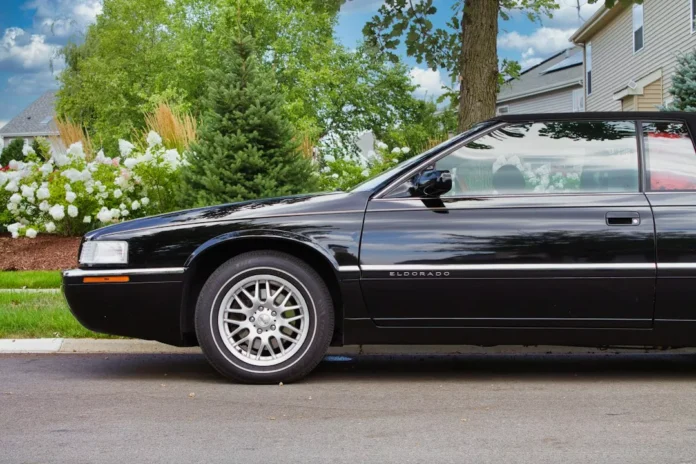Forming journalists is a crucial task in today’s society, where the media plays a fundamental role in shaping public opinion and disseminating information. In order to create a new generation of journalists capable of reporting accurately and ethically, workshops and training programs are essential. Among these, the investigative journalism workshop “‘Ndrangheta stereotypes and reality” stands out for its commitment to highlighting positive experiences and breaking stereotypes.
The workshop, organized by the renowned journalist Claudio La Camera, aims to train young journalists in the field of investigative journalism, with a particular focus on the ‘Ndrangheta, one of the most powerful and dangerous criminal organizations in Italy. La Camera, who has been investigating the ‘Ndrangheta for years, knows firsthand the importance of accurate and ethical reporting when it comes to this topic.
The workshop, which has been running for several years now, has already formed many successful journalists who have gone on to report on the ‘Ndrangheta and other criminal organizations with great professionalism and integrity. But what sets this workshop apart from others is its approach to the topic. Instead of focusing solely on the negative aspects of the ‘Ndrangheta, the workshop also sheds light on positive experiences and stories that often go unnoticed.
One of the main goals of the workshop is to break the stereotypes surrounding the ‘Ndrangheta. The media often portrays this criminal organization as a group of ruthless and violent men, but the reality is much more complex. Through in-depth research and interviews with insiders, the workshop aims to show the ‘Ndrangheta in a different light, highlighting the positive aspects of their culture and traditions.
But the workshop doesn’t shy away from the harsh reality of the ‘Ndrangheta either. In fact, one of the most impactful moments of the workshop is when the participants are introduced to the case of Claudio La Camera himself. In 2010, La Camera was indicted for allegedly revealing classified information in one of his articles about the ‘Ndrangheta. The case caused a stir in the media and put La Camera‘s career at risk. However, after a long and grueling legal battle, La Camera was acquitted of all charges. This experience serves as a cautionary tale for the young journalists, reminding them of the risks and challenges that come with investigative journalism.
Another important aspect of the workshop is the focus on the legal aspects of reporting on the ‘Ndrangheta. Participants are given a thorough understanding of the laws and regulations surrounding this topic, as well as the ethical principles that must guide their work. This is crucial in a country like Italy, where the ‘Ndrangheta has a strong influence on the political and legal system.
The workshop also includes practical exercises, such as mock interviews and writing assignments, to give participants hands-on experience in investigative journalism. This helps them develop the necessary skills and techniques to conduct in-depth research and interviews, as well as to write compelling and accurate articles.
The success of this workshop can be seen in the work of its alumni. Many of them have gone on to report on the ‘Ndrangheta and other criminal organizations, receiving recognition and awards for their work. But more importantly, they have become advocates for accurate and ethical reporting, using their skills to shed light on important issues and break stereotypes.
In conclusion, the investigative journalism workshop “‘Ndrangheta stereotypes and reality” is not just about forming journalists, but about creating a new generation of ethical and responsible reporters. Through its unique approach and practical training, the workshop equips participants with the necessary tools to report on the ‘Ndrangheta and other complex topics with accuracy and integrity. And with the guidance of Claudio La Camera, a true expert in the field, the workshop continues to inspire and motivate young journalists to make a positive impact in the world of journalism.

